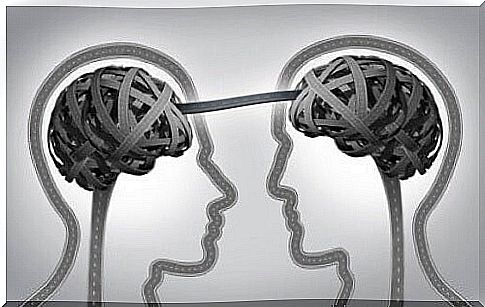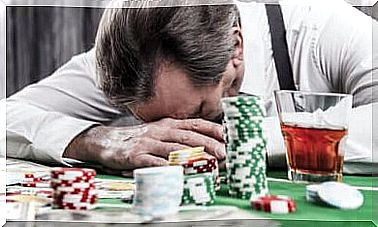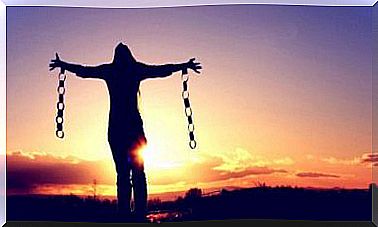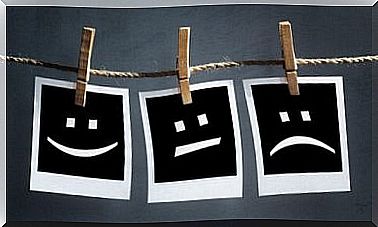Psychological Reactance: Rebellion Without A Cause

Who among us has never met a person who is opposed to everything? If she is told to go left, she goes right. If you say it above, it answers below. And when we ask her why, she’ll probably reply that she doesn’t have to act like others, that she is, or something like that. In this case, we are faced with a phenomenon that has given rise to a theory: the theory of psychological reactance.
According to the theory of psychological reactance, some people have a cognitive bias in the way they perceive social order and their place within it. This is why they show resistance to following rules, guidelines or patterns. They find it more motivating to follow a different path.
Often these people see the rules as a restriction on their freedom or as a useless imposition. They are proud of their own rebellion, even when that rebellion is not aimed at achieving a specific goal. In most cases, in fact, there is no other aim than to contradict. Sometimes they do it openly and sometimes in a covert way.
Many of them adopt reactive attitudes when their freedom is threatened. However, some take such behaviors to the extreme. They are called “hopeless rebels”. This can cause various inconveniences in the life of these people. Let’s see in more detail what it is.

The theory of psychological reactance and its parameters
According to the theory of psychological reactance, there are numerous parameters that can define whether a behavior falls within the reactance or not . Sometimes people show resistance to the rules because of their arbitrariness or injustice. In other cases it is an inclination of the personality that leads them to do so. The key parameters of the psychological reactance theory are as follows:
- Perception of freedom. Some feel that they are free only when they manage to evade a certain rule or parameter that is imposed on them. If this happens, they feel free, even if they remain bound by other aspects.
- Proportionality of the threat. The stronger the threat with respect to a certain behavior, the greater the resistance. When freedom is lacking, resistance reaches its peak.
- Importance of freedom. The subject experiences greater resistance when the freedoms most important to him are restricted. If they are not, its stamina decreases.
- Relationship with other freedoms. If the threatened freedom is linked to other freedoms, the resistance will tend to be activated with greater intensity.
- Source of the threat. The less legitimate the source of the threat to freedom, the greater the resistance.
The most typical example of psychological reactance is found in adolescents. When, for example, a father sets time limits, it is quite likely that strong resistance will be activated if the father figure is not respected or considered legitimate. The adolescent is therefore likely to find a way around the imposition.

The effects
The theory of psychological reactance states that these behaviors are problematic and generate a series of consequences both for the person and for his environment. This is a distorted way of dealing with conflicts, which creates a worrying regulatory vacuum. The main difficulties are:
- Bonds of mutual manipulation are created. It happens when one subject resists and the other uses tricks to overcome the resistance. Like when an employee breaks a rule and the company imposes a sanction, therefore the employee will break another rule for not respecting the sanction …
- There is an expenditure of emotional energy. Resistance contributes to further exacerbating the conflict rather than resolving it. To face the conflict without giving up, it is necessary to make enormous efforts, when it may not be worth it at all.
- Prejudices increase. Resistance prevents us from seeing the real meaning of a restriction. Not all limits to freedom are negative. Many of them respond to the objective of guaranteeing a greater degree of justice or collective well-being.
When a rule or restriction undermines individual freedom in an essential way, the rebellion is fully legitimate. However, this is very different from systematically adopting an attitude of disobedience. There is talk of a predisposition that can greatly compromise the person who puts it into practice, the people around him and the goals and goals set.








